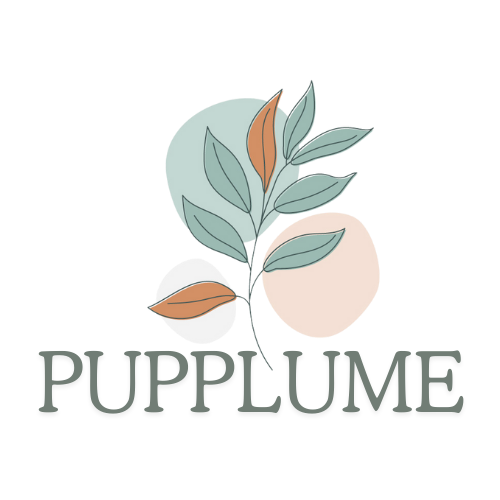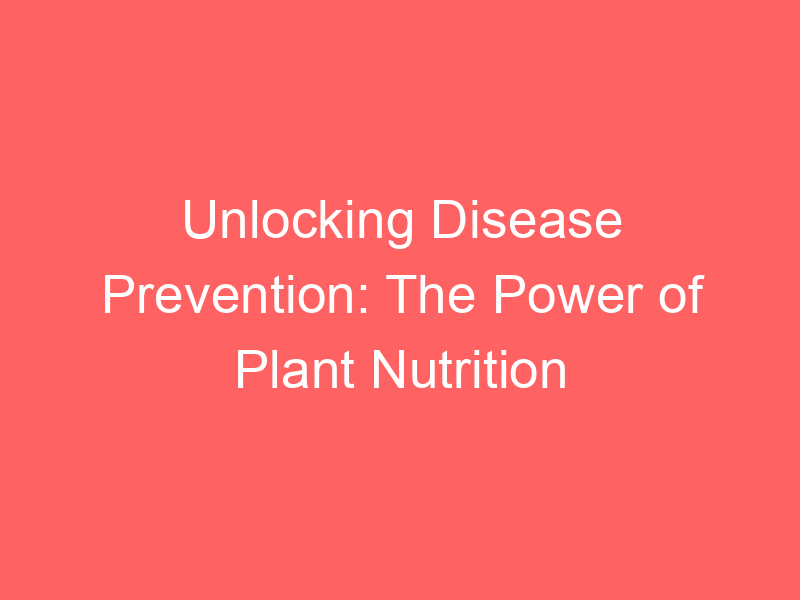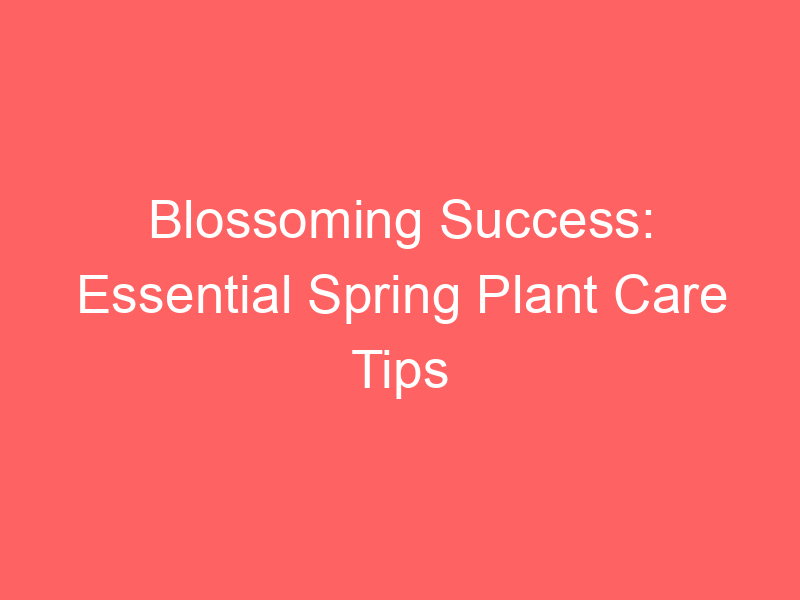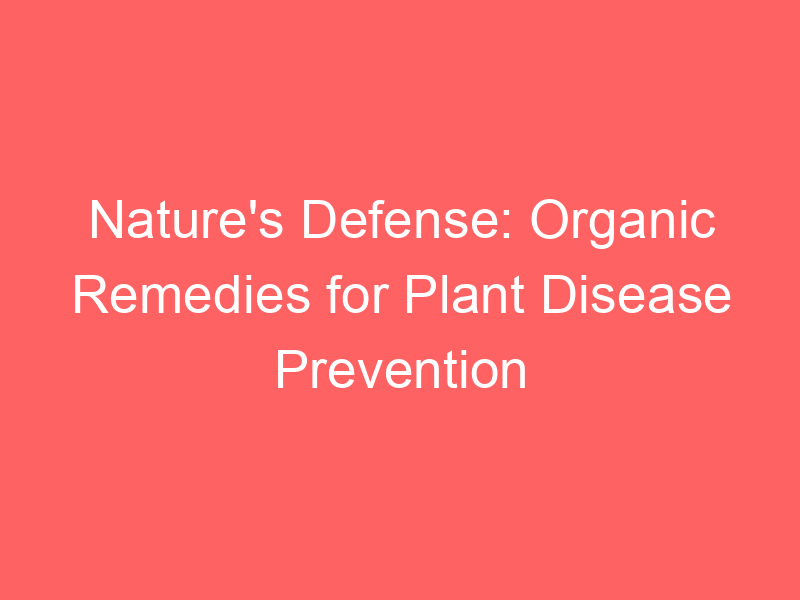Introduction to Plant Nutrition
Just like humans, plants also need proper nutrition to grow and thrive. In this section, we will delve into the fascinating world of plant nutrition, exploring its basics and importance for plant health and growth.
-
- Understanding the basics of plant nutrition
Plant nutrition involves a range of chemical elements that are essential for plant growth. These elements, known as nutrients, are absorbed by plants from the soil, air, and water. They are broadly classified into two categories: macronutrients and micronutrients. Macronutrients, including nitrogen, potassium, and phosphorus, are needed in large amounts, while micronutrients, such as iron, zinc, and copper, are required in smaller quantities. However, both types are equally important for the plant’s overall health and development.
-
- Importance of plant nutrition for plant health and growth
Proper plant nutrition is crucial for plant health and growth. Nutrients play a vital role in various plant functions, such as energy production, photosynthesis, and resistance to diseases. They help in the formation of plant tissues and promote healthy growth and development. A deficiency or excess of any nutrient can lead to various plant disorders, affecting their growth and yield. Therefore, maintaining the right balance of nutrients is essential for the plant’s overall well-being.
In the following sections, we will delve deeper into the role of nutrients in plants, how they help in disease prevention, and practical plant care tips. We will also look at some case studies that highlight the successful control of plant diseases through proper nutrition. So, stay tuned to learn more about the power of plant nutrition!
The Role of Nutrients in Plants
Plants, like humans, require certain nutrients to grow and thrive. These nutrients play a crucial role in various plant processes, including growth, disease resistance, and overall health. Let’s delve deeper into the role of macronutrients in plant health.
Macronutrients
Macronutrients are nutrients that plants need in large amounts. These include Nitrogen, Phosphorus, and Potassium. Each of these nutrients plays a unique role in plant health and growth.
-
- Role of Nitrogen in plant health
Nitrogen is a vital nutrient for plants. It is a major component of chlorophyll, the compound by which plants use sunlight energy to produce sugars from water and carbon dioxide (i.e., photosynthesis). It is also a major component of amino acids, the building blocks of proteins. Without proteins, plants wither and die.
-
- Importance of Phosphorus for plant growth
Phosphorus is essential for plant growth. It helps a plant convert other nutrients into usable building blocks with which to grow. Phosphorus is crucial for the general health and vigor of all plants. Some specific growth factors that have been associated with phosphorus are: stimulated root development, increased stalk and stem strength, improved flower formation and seed production.
-
- Benefits of Potassium for plant disease resistance
Potassium is an essential macronutrient that contributes to plant disease resistance. It helps in the regulation of CO2 uptake through stomatal openings and triggers activation of enzymes and controls their reaction rates. Potassium also plays a significant role in the regulation of water in plants (osmoregulation) and protein synthesis, both important factors in plant disease resistance.
Micronutrients
Just as humans need a variety of nutrients to maintain optimal health, plants also require certain essential elements in small quantities, known as micronutrients. Let’s explore the importance of Iron, Zinc, and Manganese in plant health and growth.
-
- Importance of Iron in plant health
Iron plays a significant role in plant health. It is a vital component of chlorophyll, the green pigment in plants that is responsible for photosynthesis. Without iron, plants cannot produce chlorophyll and thus cannot perform photosynthesis effectively. This can lead to yellowing of leaves, a condition known as chlorosis. Iron also aids in the production of energy, DNA synthesis, and respiration in plants.
-
- Role of Zinc in plant growth
Zinc is another crucial micronutrient that aids in plant growth. It is involved in the production of plant growth hormones and enzyme systems. Zinc deficiency can lead to stunted growth and reduced yield in plants. It also plays a role in protein synthesis and energy production.
-
- Benefits of Manganese for plant disease resistance
Manganese is beneficial for plant disease resistance. It plays a crucial role in the process of photosynthesis, aiding in the breakdown of water molecules into oxygen and hydrogen. Manganese also helps in the activation of enzymes that protect plants from diseases. Deficiency of manganese can lead to decreased resistance to diseases and reduced plant growth.
Micronutrients, though required in small amounts, play a significant role in maintaining plant health and growth. Ensuring that your plants receive these essential elements can lead to healthier, more vibrant plants.
Disease Prevention in Plants
One of the most critical aspects of maintaining healthy outdoor plants is disease prevention. A robust and well-nourished plant is more likely to resist diseases and pests. Let’s explore the role of nutrients in preventing diseases in plants.
Role of Nutrients in Disease Prevention
Nutrients play a vital role in the overall health and disease resistance of plants. They are the building blocks that help plants grow strong and healthy. But how exactly do they help in disease prevention?
-
- How proper nutrition can prevent plant diseases
Proper nutrition strengthens the plant’s immune system, making it more resilient against diseases. When a plant receives all the necessary nutrients, it can effectively carry out its metabolic processes, which include growth, reproduction, and defense mechanisms. For instance, nitrogen helps in the production of proteins that are essential for cell growth and repair. Similarly, phosphorus aids in energy transfer, while potassium regulates water balance and disease resistance.
-
- Nutrient deficiency in plants and its impact on disease susceptibility
On the other hand, nutrient deficiency can make plants more susceptible to diseases. For example, a lack of calcium can lead to weak cell walls, making the plant more vulnerable to pathogens. Similarly, a deficiency in iron can lead to chlorosis, a condition that weakens the plant and makes it more prone to disease. Therefore, it’s crucial to ensure that your plants receive a balanced diet of nutrients to stay healthy and disease-free.
Proper nutrition is a powerful tool in disease prevention in plants. By ensuring that your plants receive all the necessary nutrients, you can help them grow strong and healthy, capable of resisting diseases and pests. Remember, a well-nourished plant is a happy plant!
Organic Plant Nutrition for Disease Control
-
Understanding Organic Plant Nutrition
Organic plant nutrition refers to the use of natural substances for the growth and development of plants. Unlike synthetic fertilizers, organic nutrition sources are derived from living organisms and their by-products. These include compost, manure, bone meal, and more. Organic nutrition is rich in essential nutrients such as Nitrogen, Phosphorus, and Potassium, which are vital for plant health.
-
Benefits of Organic Nutrition for Disease Control
Organic nutrition plays a significant role in disease control in plants. Here are some of the key benefits:
- Nutrient-rich: Organic nutrition provides a wide range of essential nutrients that strengthen the plant’s immune system, making it less susceptible to diseases.
- Improved Soil Health: Organic nutrition improves the soil’s health by increasing its organic matter content and enhancing its structure. Healthy soil is less likely to harbor disease-causing organisms.
- Environmentally Friendly: Organic nutrition is eco-friendly as it reduces the use of synthetic chemicals that can harm the environment and beneficial soil organisms.
By konwing and applying organic nutrition, plant lovers can ensure their plants are healthy and less prone to diseases.
Practical Plant Care Tips
As plant lovers, it’s essential to understand how to maintain the health of our plants. One crucial aspect of plant care is recognizing and addressing nutrient deficiencies. Here’s how you can do it.
Recognizing Nutrient Deficiency in Plants
Just like humans, plants require certain nutrients to grow and thrive. When they lack these nutrients, they exhibit certain signs. Recognizing these signs is the first step towards addressing nutrient deficiency.
-
- Signs of nutrient deficiency
Plants communicate their nutrient needs through their leaves, stems, and overall growth. Some common signs of nutrient deficiency include yellowing leaves, stunted growth, and weak stems. If your plant exhibits these signs, it might be lacking essential nutrients.
-
- Steps to address nutrient deficiency
Addressing nutrient deficiency involves two main steps. First, identify the missing nutrient. This can be done by observing the plant’s symptoms and cross-referencing them with known deficiency signs. Second, replenish the missing nutrient. This can be done by applying a suitable fertilizer or modifying the plant’s environment to enhance nutrient absorption.
A healthy plant is a happy plant. By recognizing and addressing nutrient deficiencies, you can ensure your plants stay vibrant and thriving.
Ensuring Optimal Plant Nutrition
Optimal plant nutrition is crucial for the growth and health of your outdoor plants. It involves providing the necessary nutrients and ensuring they are absorbed effectively. Here are two key steps to ensure optimal plant nutrition:
-
- Choosing the Right Fertilizer for Your Plants
Fertilizers are a vital source of nutrients for plants. Choosing the right one can significantly impact your plants’ health and growth. However, not all fertilizers are created equal. Different plants require different nutrients, and thus, different fertilizers. For instance, flowering plants typically require a fertilizer high in phosphorus, while green leafy plants need one with more nitrogen. Always check the nutrient content of the fertilizer and match it with your plant’s needs.
-
- Proper Watering Techniques for Nutrient Absorption
Water is not just for quenching your plant’s thirst. It also helps in the absorption and transportation of nutrients from the soil to the plant. However, watering techniques can significantly affect nutrient absorption. Overwatering can lead to nutrient leaching, where essential nutrients are washed away from the soil. On the other hand, underwatering can lead to nutrient lockout, where the plant can’t access the nutrients in the soil. The key is to maintain a balance. Water your plants when the top inch of soil feels dry to the touch. This technique ensures that your plants get enough water for nutrient absorption without causing nutrient leaching.
Case Studies: Successful Plant Disease Control Through Nutrition
Let’s delve into some real-life examples of how proper nutrition can aid in controlling plant diseases. We’ll look at two case studies that demonstrate the effectiveness of this approach.
-
- Case Study 1: Overcoming nutrient deficiency in tomato plants
Tomato plants are susceptible to a variety of diseases, many of which are linked to nutrient deficiencies. One such disease is Blossom End Rot, which is often caused by a lack of calcium in the soil.
In this case study, a group of farmers in California were struggling with Blossom End Rot in their tomato crops. They decided to apply a calcium-rich fertilizer to their fields. After a few weeks, they noticed a significant decrease in the incidence of Blossom End Rot. The tomatoes were healthier and yielded a better crop.
This case study demonstrates the importance of proper nutrition in disease control. By addressing the calcium deficiency, the farmers were able to significantly reduce the incidence of Blossom End Rot in their tomato crops.
-
- Case Study 2: Using organic nutrition for disease control in roses
Roses are beautiful, but they can be prone to a variety of diseases. One common disease is Black Spot, a fungal disease that can be controlled through proper nutrition.
In this case study, a rose gardener in Oregon decided to switch to an organic fertilizer to improve the health of her roses. She noticed that her roses were less susceptible to Black Spot after the switch. Not only were her roses healthier, but they also produced more blooms.
This case study shows how organic nutrition can help control diseases in roses. By switching to an organic fertilizer, the gardener was able to reduce the incidence of Black Spot in her roses.
These case studies highlight the importance of proper nutrition in controlling plant diseases. By providing plants with the nutrients they need, we can help them resist diseases and thrive.
Conclusion: The Power of Plant Nutrition
As we reach the end of our exploration into the world of plant nutrition, it’s clear that the health and vitality of our outdoor plants are largely dependent on the nutrients they receive. Proper nutrition not only ensures the growth and development of plants but also plays a crucial role in disease prevention.
-
- Recap of the importance of plant nutrition for disease prevention
Throughout this article, we’ve seen how essential nutrients like nitrogen, phosphorus, and potassium contribute to the overall health of plants. These nutrients strengthen the plant’s immune system, enabling them to resist diseases and pests. A well-nourished plant is less likely to succumb to diseases, ensuring a vibrant and verdant yard.
-
- Key takeaways for plant lovers
For all the plant lovers out there, remember that understanding and providing the right nutrition to your plants is key to their survival and growth. Here are the key takeaways:
-
- Each plant has unique nutritional needs. Research and understand what your specific plants require.
- Over-fertilization can be as harmful as under-fertilization. Balance is key.
- Regularly monitor your plants for signs of nutrient deficiency or disease.
- Choose quality fertilizers that provide a balanced mix of essential nutrients.
The power of plant nutrition cannot be overstated. As plant lovers, it’s our responsibility to ensure our plants receive the right nutrients in the right amounts. By doing so, we can enjoy the beauty and benefits of a healthy, thriving garden.






